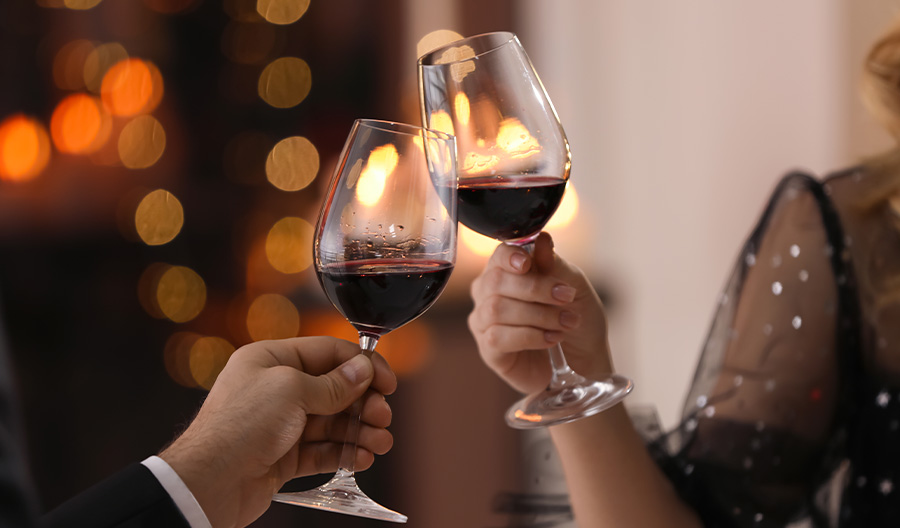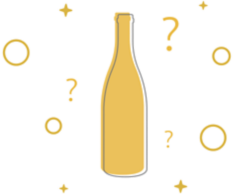In a world where wellness and conscious living take center stage, the rise of non-alcoholic wine culture is a testament to a shifting perspective on beverage choices. What was once considered a niche market has evolved into a thriving culture, offering individuals an elegant and sophisticated alternative to traditional alcoholic wines.
Shifting Lifestyle Preferences
Embracing Wellness: The global trend towards wellness has influenced lifestyle choices, with individuals seeking alternatives that align with health-conscious living. Non-alcoholic wines cater to this growing demand for sophisticated, alcohol-free options.
Mindful Consumption: As mindfulness becomes a guiding principle in daily life, many are reconsidering their alcohol intake. Non-alcoholic wines provide an avenue for individuals to engage in social rituals without compromising their commitment to moderation.
Quality and Craftsmanship
Advancements in Production: Non-alcoholic winemaking has seen significant advancements, allowing for the creation of high-quality alcohol-free options. Improved production methods retain the complexity, aromas, and flavors associated with traditional wines.
Innovation in Flavor Profiles: Winemakers are embracing innovation, crafting non-alcoholic wines that span a spectrum of flavors. From crisp whites to bold reds and effervescent sparklings, the diversity in non-alcoholic wine offerings rivals their alcoholic counterparts.

Market Dynamics
Expanding Market Presence: The demand for non-alcoholic wines has led to an expansion of market offerings. Not only are traditional wineries venturing into the production of alcohol-free options, but specialized brands dedicated to non-alcoholic beverages are also emerging.
Consumer Education: As awareness grows, consumers are becoming more informed about the diversity and quality of non-alcoholic wines. This increased knowledge empowers individuals to make choices based on taste preferences and the occasion.
Pairing with Culinary Experiences
Gastronomic Harmony: Non-alcoholic wines are gaining recognition for their ability to pair harmoniously with a variety of cuisines. From fine dining to casual fare, these beverages enhance the dining experience without the influence of alcohol.
Mocktail Innovation: Non-alcoholic wines are becoming key ingredients in the creation of sophisticated mocktails. Mixologists and home enthusiasts alike are experimenting with unique combinations, elevating the art of alcohol-free mixology.
Social and Environmental Responsibility
Responsible Choices: The rise of non-alcoholic wine culture aligns with broader social responsibility trends. Individuals are making choices that consider their impact on personal health as well as environmental sustainability.
Sustainable Practices: Wineries embracing sustainable and eco-friendly practices contribute to the appeal of non-alcoholic wines. The alignment with environmental consciousness resonates with consumers seeking products that reflect their values.
The ascent of non-alcoholic wine culture signifies a profound shift in the way society approaches beverage consumption. Beyond being a trend, it has become a movement that reflects evolving preferences, embraces inclusivity, and champions the artistry of crafting alcohol-free elixirs.

